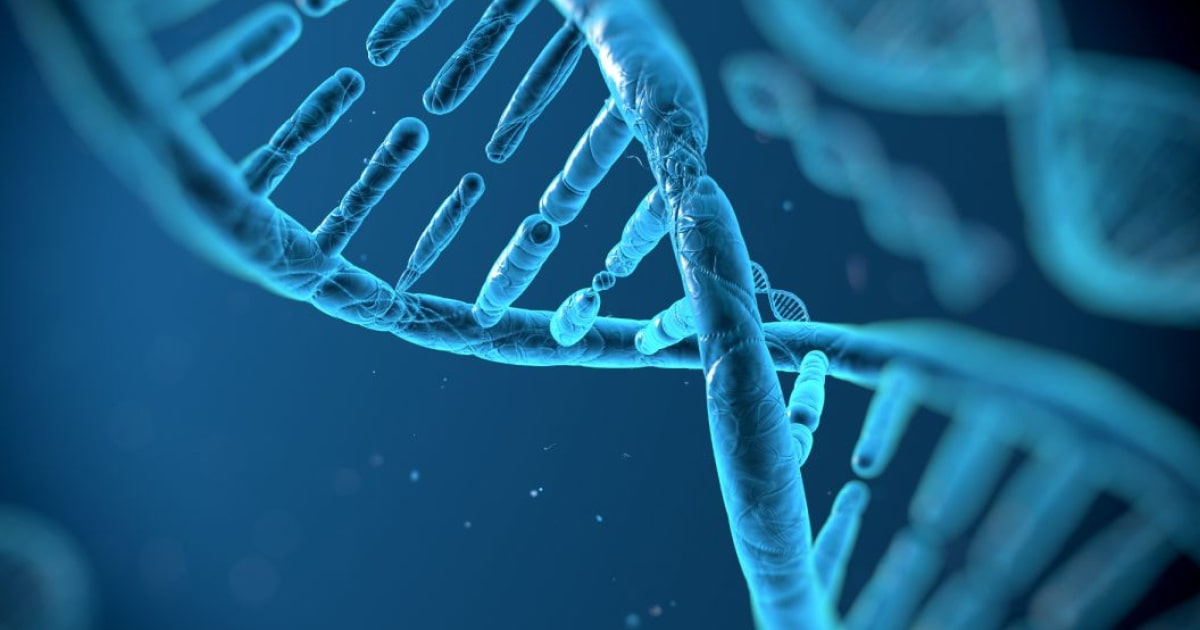
Expert Reviewed By: Dr. Brandon Colby MD
Understanding Smith-Magenis Syndrome-like
Smith-Magenis Syndrome-like (SMS-like) is a rare genetic disorder that shares similarities with Smith-Magenis Syndrome (SMS), a condition characterized by intellectual disability, sleep disturbances, and behavioral problems. While SMS is caused by a deletion in chromosome 17p11.2 or a mutation in the RAI1 gene, the genetic basis of SMS-like is not yet fully understood. Nonetheless, recent studies have shed light on the potential role of RAI1 and other genetic factors in the development of SMS-like, providing valuable insights into the diagnosis and management of this complex disorder.
Diagnosing Smith-Magenis Syndrome-like
Diagnosing SMS-like can be challenging due to its overlapping features with SMS and other genetic disorders. However, recent advancements in genetic testing have made it possible to identify the underlying genetic abnormalities that contribute to the development of SMS-like. By analyzing the DNA of individuals with suspected SMS-like, researchers and clinicians can pinpoint the specific genetic changes that may be responsible for the disorder.
Genetic Testing for RAI1 Mutations
One of the key findings from recent studies is the association between RAI1 mutations and SMS-like. A study conducted on SMS mice showed that RAI1 regulates body weight and metabolic function through hypothalamic BDNF-producing neurons, suggesting that targeting neurotrophin downstream signaling may improve SMS phenotypes. In addition, a case report described the successful treatment of sleep-wake disturbances in a patient with a unique genetic mutation of SMS.
These findings highlight the importance of genetic testing for RAI1 mutations in individuals with suspected SMS-like. By identifying the presence of RAI1 mutations, clinicians can better understand the underlying cause of the disorder and develop targeted treatment strategies to address the specific genetic abnormalities.
Genetic Testing for 17p11.2 Deletions
Another important aspect of genetic testing for SMS-like is the analysis of 17p11.2 deletions. A study found that individuals with SMS-like who have 17p11.2 deletions tend to have lower intellectual functioning and less internalizing of problems compared to those with pathogenic RAI1 variants.
By examining the presence of 17p11.2 deletions in individuals with suspected SMS-like, clinicians can gain a better understanding of the specific genetic factors contributing to the disorder and develop appropriate treatment strategies to address these issues.
Genetic Testing for Novel RAI1 Gene Mutations
Recent research has also identified novel RAI1 gene mutations associated with SMS-like. A case report described a child with SMS-like caused by a novel RAI1 gene mutation, c.388C>T (P.Q130X), presenting with severe eczema on the skin.
This finding highlights the importance of genetic testing for novel RAI1 gene mutations in the diagnosis of SMS-like. By identifying the specific genetic changes responsible for the disorder, clinicians can develop targeted treatment strategies to address the unique needs of individuals with SMS-like.
Using Genetic Testing to Improve the Lives of Individuals with Smith-Magenis Syndrome-like
Genetic testing has emerged as a powerful tool in the diagnosis and management of SMS-like, enabling clinicians to identify the specific genetic factors contributing to the disorder and develop targeted treatment strategies to address these issues. By harnessing the power of genetic testing, researchers and clinicians can gain a deeper understanding of SMS-like and work towards improving the lives of individuals affected by this complex disorder.
About The Expert Reviewer
Dr. Brandon Colby MD is a US physician specializing in the personalized prevention of disease through the use of genomic technologies. He’s an expert in genetic testing, genetic analysis, and precision medicine. Dr. Colby is also the Founder of and the author of Outsmart Your Genes.
Dr. Colby holds an MD from the Mount Sinai School of Medicine, an MBA from Stanford University’s Graduate School of Business, and a degree in Genetics with Honors from the University of Michigan. He is an Affiliate Specialist of the American College of Medical Genetics and Genomics (ACMG), an Associate of the American College of Preventive Medicine (ACPM), and a member of the National Society of Genetic Counselors (NSGC)